Virgin Imports and the dependency on the US farmer
This story is part of a series of articles on the Virgin Islands economy. It is an attempt to look at the Virgin Islands economy through the lens of the global economy. The series is also a type of economics lesson 101 for both the writer and Joe Public.
The idea of this stream of economic stories is that the uninitiated into micro and macroeconomic thought will take a second look at economics, and how the discipline works in daily life.
Economics drives national, regional, and international policy. Economics is both intensely personal and ubiquitous in its application. Armed with an understanding of economics at even the most basic level, Joe Public will not easily be hoodwinked by Julius Caesar.
Another thing: in the run up to the General Elections at the end of 2015, economics is expected to be front and center in the political debate leading to a tough political fistfight. Economics is a subject that frequently appears hazy, mysterious, and inaccessible, especially when gazed at from the outside, by laypersons.
These stories are not an endorsement of any political party.
OK. It is fortuitous indeed that at the final full stop of the proceeding story, the Virgin Islands Leader posted the following words on his FACEBOOK Page. On Wednesday January 15, 2014, the Great Man stated the following: ‘’ I’ll be there, encouraging people to start kitchen gardens and TO CONSIDER FARMING AS A VIABLE BUSINESS IN THE BRITISH VIRGIN ISLANDS-‘’ This, ‘’ is something I believe in.’’ The Premier was referring to the onset of Virgin Island’s farmer’s Week, 2014.
The question is asked: can a country survive importing goods and services indefinitely, over and above what the country produces for its own consumption and export? The Virgin Islands is clearly a net importer of physical goods such as food, drink, and basic essentials. The country has been an importer of these essentials, since it became comfortable as a financial services and tourism destination. The VI is furthermore an exporter of financial and tourism services. Currently the country enjoys a trade surplus from these two economic pillars. Revenues from these two sources guarantee the country’s livelihood and drive development.
However, offshore financial services are a global industry under pressure from a much more aggressive regulatory regimen this 2014. The industry is also becoming increasingly competitive, with countries copycatting one another. Tourism too is an increasingly globally competitive industry with most nations getting into a lucrative and growing leisure and travel industry, and offering very similar products indeed, with a common denominator depending on category. Caribbean tourism consists mainly of, sun, sea, sand, leisure, and a friendly, colourful, and attractive culture. Both economic pillars are increasingly fragile.
The proceeding narrative assesses the economic costs of importation of basic foodstuff and everyday essentials into the Virgin Islands. It asks whether this consumer driven import culture is sustainable long term, and whether or not it is detrimental to the country and its economy.
Now, George Alessandria is a Senior Economist in the Research Department of the Philadelphia Federal Reserve. In a story accessed by this Economics Layman on January 2, 2014, ‘’ Trade deficits aren’t as bad as you think,’’ Alessandria described the global economic environment as a place where, ‘’ Americans drive automobiles produced in Germany, and drink Italian wine.’’
This Economics Pupil will add, and where the Virgin Islands, has turned from a self sufficient food producer of the 1960s and 70s, into an importer of food, drink, and base essentials, this early 2014. The Virgin Islands is a country where its internal economy would not survive 8 weeks, were the cargo boats to fail to arrive from the north, and parts of the Caribbean Region.
In other words, the country has modeled itself as a country dependent upon a world economy that is clearly integrated in terms of trade. The country has specialized in providing tourism and financial services, in return for the revenues that enable a modern consumer lifestyle. This is a Modus Vivendi based upon the importation of myriad products: automotive, white and brown goods and appliances, electronics, hardware, clothing, food, and drink, to name a few.
The question must then be asked: is this complete dependency on Uncle Sam, China, and others, to put corn flakes on the Virgin Islands breakfast table, and make modern life possible, a good thing? Is there not an opportunity cost, or opportunity lost, which is the replacement of locally produced breakfast items for flakes of processed corn in a box: in other words, the replacement of a relatively self sufficient economy of yesteryear, for an import model, completely dependent on the foreign factory, warehouse, and marketplace?
Another question: would a food sufficient Virgin Islands not affect positively the country’s internal or local markets in terms of employment, and the increased circulation of currency locally? How about the effects on the country’s balance of trade and balance of payments? How does this culture of importation affect annual deficits and national debt, if these actually exist? Is food sufficiency not a virtue worth striving for? Will it not build a stronger and much more resilient economy? A Canadian friend stated to this Observer the other day that, ‘’ the Virgin Islands is a natural greenhouse. Why then is it importing food?’’
Products and services crisscross borders and international boundaries, according to the dictates of supply and demand, nationally and internationally. Levels of demand and supply are based on math and stats derived from various sources that show where goods and services originate, and then end up after production. That is the present global trade model. However, the observation is made that many an industrialized nation is food sufficient. Food sufficiency, also known as food security, is considered a matter for national security by modern powers.
These developed nations furthermore export food to the THIRD WORLD at very cheap prices, keeping poorer nations dependent on these sources of food. For the Virgin Islands, food importation has an added disadvantage: the food is clearly not as healthy and wholesome as locally grown and locally raised food. And there may be hard medical evidence to support this fact with the increasing incidence of chronic diseases, such as cancer and diabetes.
Locally produced food is further a boon to the much pushed term ecotourism. A culture of local food production would boost Virgin Islands cuisine to the benefit of hoteliers and restaurateurs who could add to the menu: ORGANICALLY AND NATURALLY PRODUCED IN THE VIRGIN ISLANDS. The present global food importation model is indeed a paradox of economic development this early 2014.
The question is asked: how does this importation of even the most basic products that can be home grown and homemade affect the national economy in terms of internal market dynamism, the balance of trade, and the balance of payments?
Will transforming Virgin Islands agriculture and food production to a self sufficient and export oriented model not create new internal dynamics that positively impact the local economy? Will doing this not lead to the creation of hundreds of new jobs, and a number of new businesses in the food production sector? Is this not the objective of national agricultural policy, albeit not fully explained to Joe Public?
In the STIMULUS versus AUSTERITY global discussion, does spending on building a self sufficient agricultural, livestock, and fishing sector not amount to a form of stimulus? Will a legislative ban on the future importation of food that can be home grown be viable? Will a ban of that type not force the country into food sufficiency? Will stimulus of, or public investment in, the food sector, not create new technologies, new methods of farming, and a new culture of food sufficiency? Will this not be a good thing for the country? Can the supermarkets, farmers, convenience stores and other stakeholders not get together with government and make food sufficiency and food security a reality?
Does the country even possess the national vision and know how to execute such a major change in the economic Modus Vivendi? Is there even the will, social and political, to bring change?
The next story in the series will attempt to answer a number of the preceding questions.
To be continued
Connect with Dickson Igwe on Twitter and Facebook.
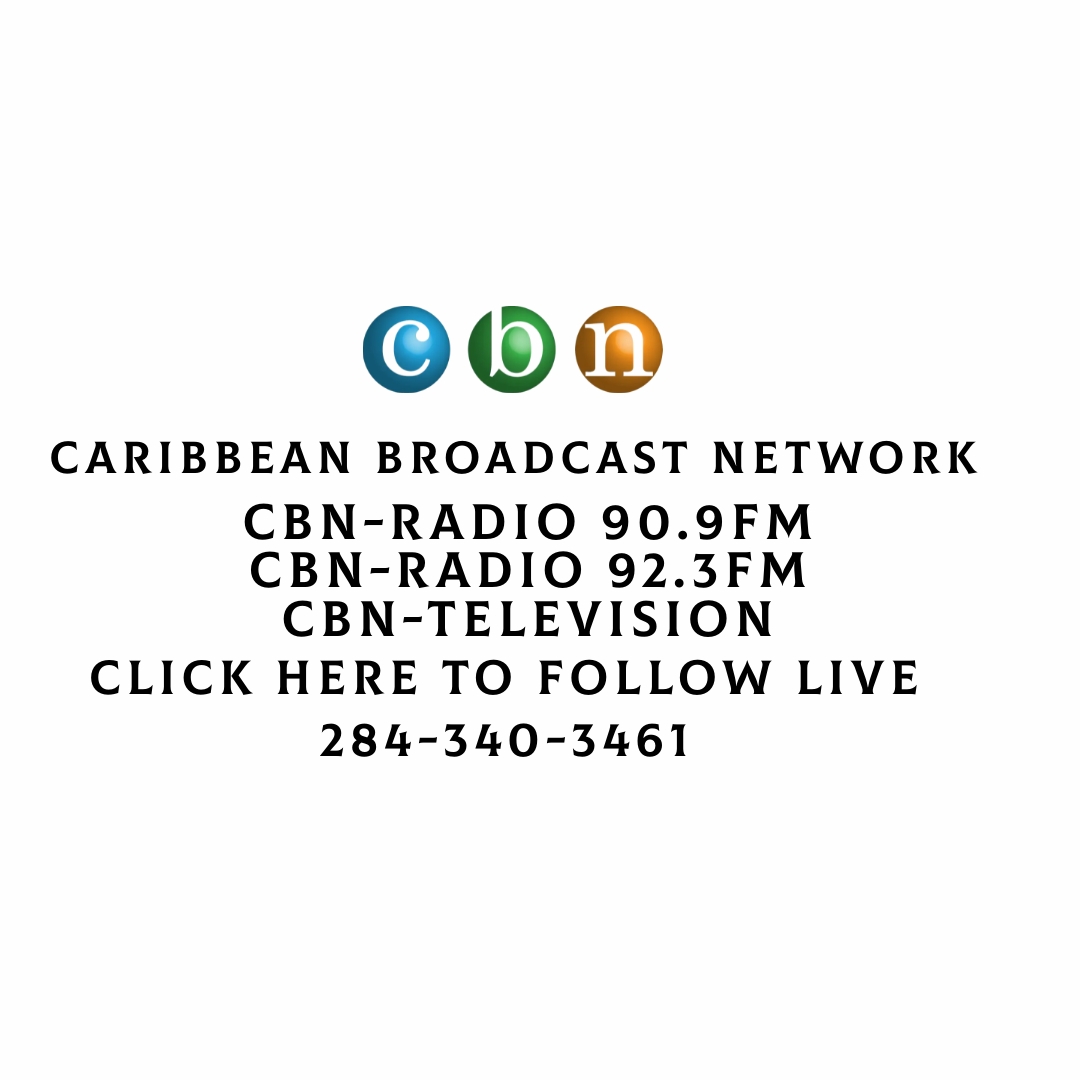





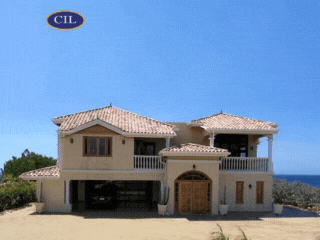

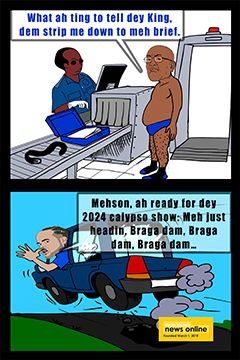

.png)




.png)



.png)



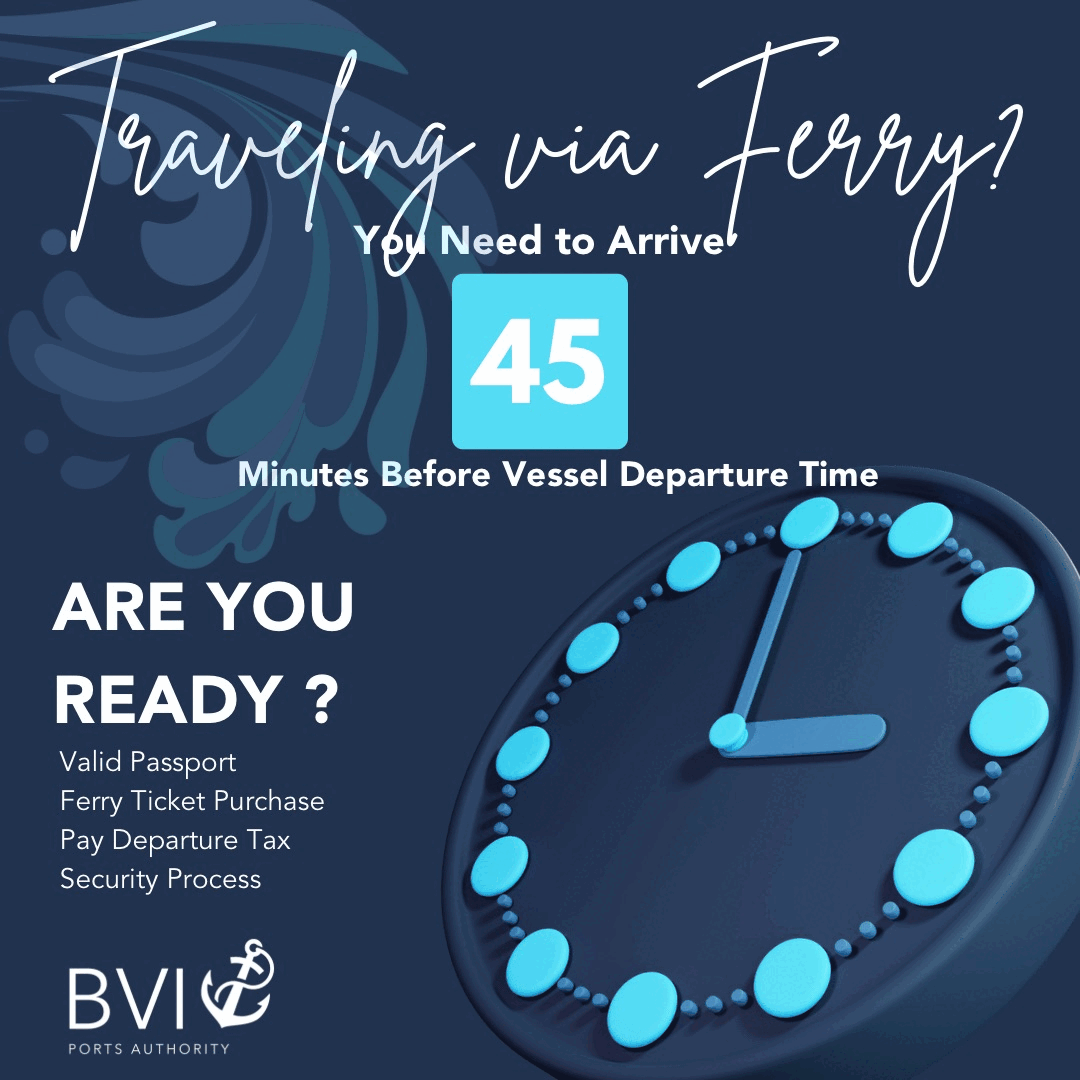

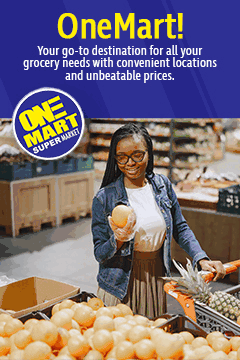
















6 Responses to “Virgin Imports and the dependency on the US farmer”